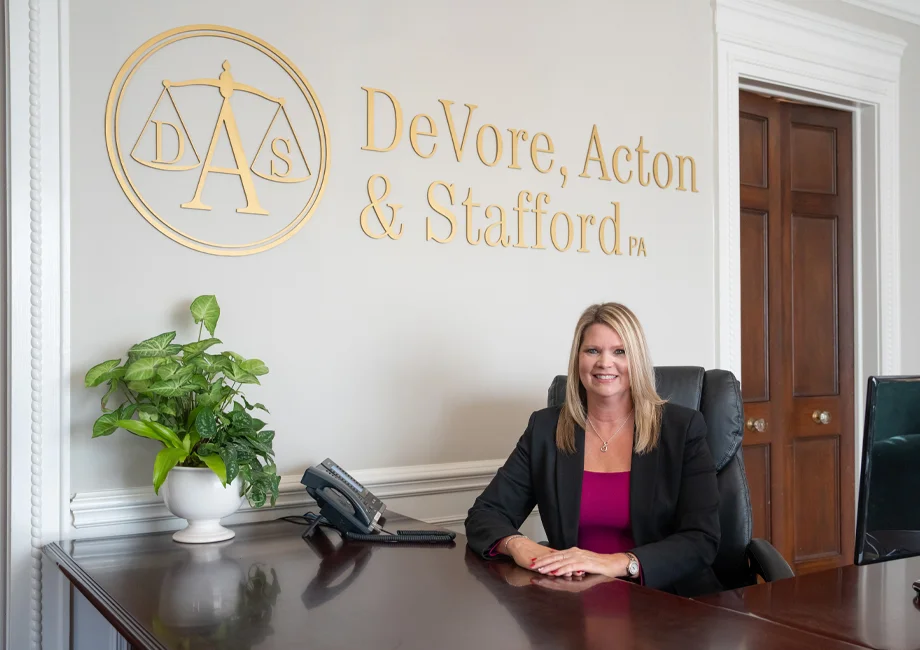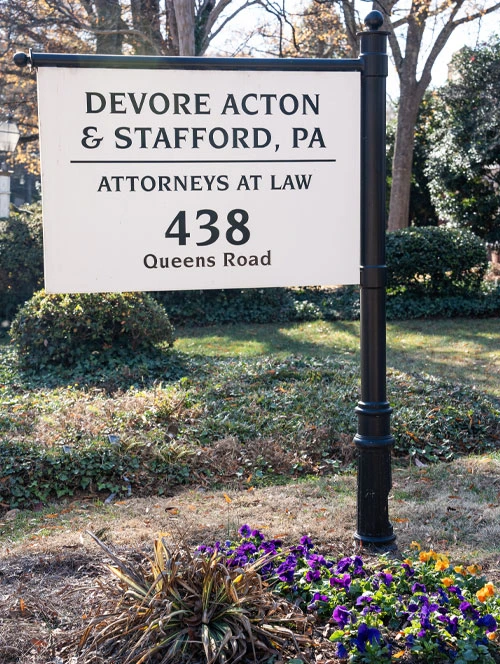Condemnation (Eminent Domain): What You Need To Know

Condemnation (sometimes called eminent domain) is the right of the government (or sometimes a private utility company) to take a person’s property for the better good of the public. The property owner rarely welcomes the taking of one’s property. Examples of condemnation actions would be the need for the Department of Transportation to build roads, or a county to build a school, storm water or sewer system. In Charlotte, North Carolina, many properties are being taken for the light rail projects. In some instances, private utility companies can also conduct a condemnation to obtain property for matters such as gas or electrical lines.
The Condemnation (Eminent Domain) Process
The process is typically begun by the property owner being contacted by the condemnor (entity taking the property). The condemnor informs the property owner of the proposed location of the taking. Next, the condemnor usually makes an offer to purchase the portion of the property being taken based on what it believes is the fair market value of said area. In most cases, the condemnor will hire an appraiser and use the appraiser’s report as a basis for its evaluation on the fair market value of the taking.
In some instances, the condemnor might only need 15 feet, for example, of your property for a road. This is called a partial taking. However, if the property owner’s entire tract is needed, the condemnor will have to institute a complete taking of the property. Occasionally the amount of the partial taking makes the rest of the property unlivable or worthless, in which case one may recover damages for the entire tract of land – even though it is only initially considered a partial taking.
Your Eminent Domain Rights
If your property is being taken, you have a constitutional right to ensure that the condemnor pays for the highest and best use of your property. If you disagree with the fair market value assessment of the condemnor, it is best to consult an attorney to help determine the highest and best use of your property. For example, you may wish to hire your own appraiser to perform an evaluation. Also, if you own a house in an area zoned commercial, you have the right to be paid for your property as residential or commercial – whichever is higher. Conflicts arise when you believe the value you are being offered is less than what you believe the taken property is worth.
While you have the right to challenge the condemnor’s right to take your property, such challenges are rarely successful because you have to show that the taking is not needed and/or not for a public purpose, and North Carolina courts have routinely held that almost any purpose for a roadway, school, or any other taking is for a “public purpose” or public benefit.
Condemnation Negotiations
If you and the condemnor are unable to agree on a price for your property, this will not stop the condemnation from proceeding. In those cases, the condemnor will file a condemnation action in the county where the property is located. The moment the condemnation is filed, the condemnor will own the property they are seeking. If the taking involves your residence, they will permit you time to move and will provide you with a moving expense allowance. You will receive notices to vacate well before you are required to move.
At the time that a condemnation action is filed, the condemnor will deposit with the court the amount of their last offer, or the amount the condemnor reasonably believes is just compensation for the taking. This money is available to be released to you with a petition filed with the court. If you have a mortgage or lien on the property (such as a tax lien), those debts will need to be paid first from the proceeds, and an attorney can help guide you through the steps you need to take in order to get the funds disbursed to you. If your case is litigated, you have an absolute right for a jury to determine the fair market value or just compensation for the taking of your property.
Next time, we will discuss options on how to obtain the best value for your property.
For a free consultation to answer your condemnation questions, contact the attorneys at DeVore, Acton & Stafford at 704-377-5242.

request your consultation
"*" indicates required fields



